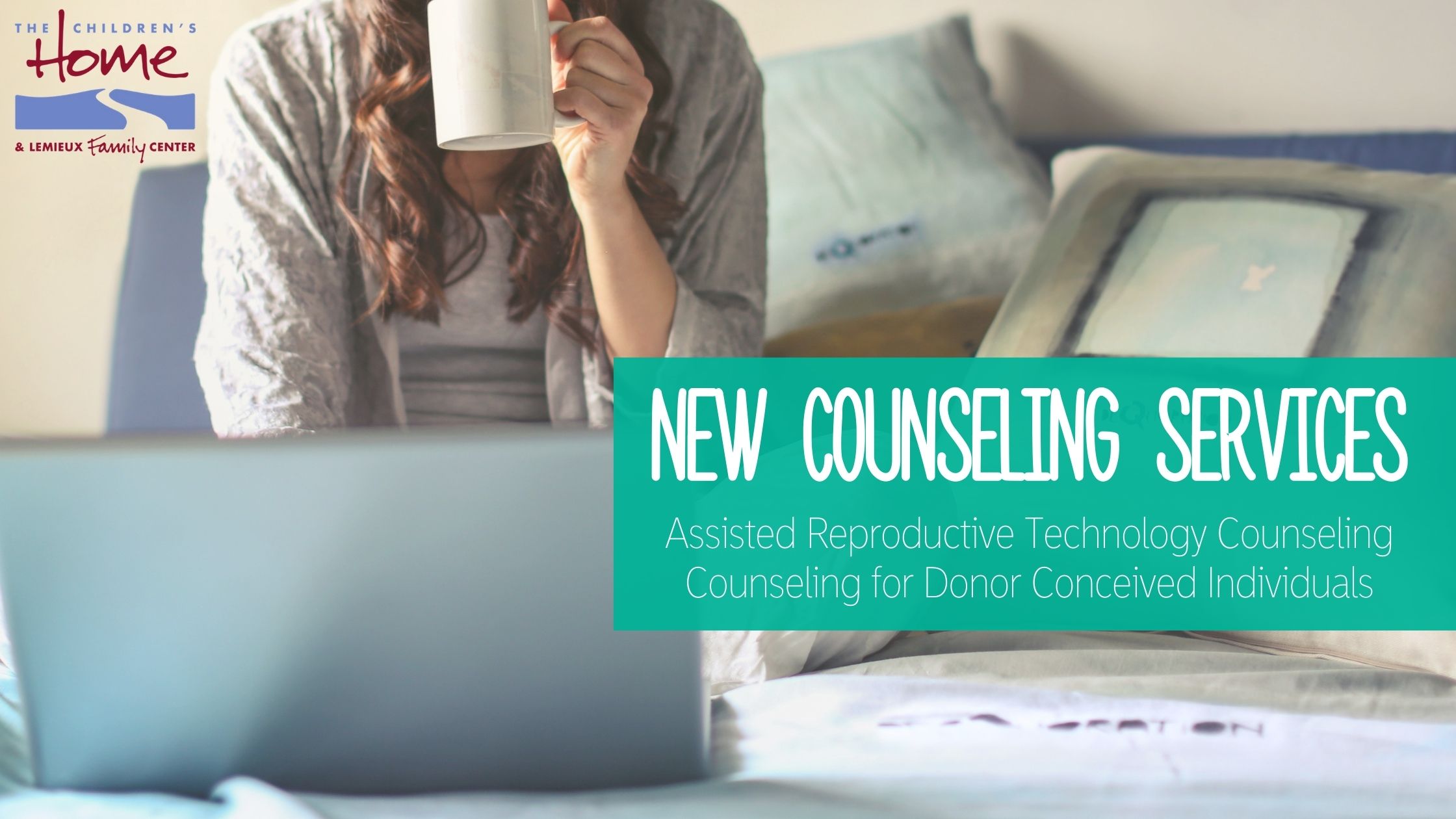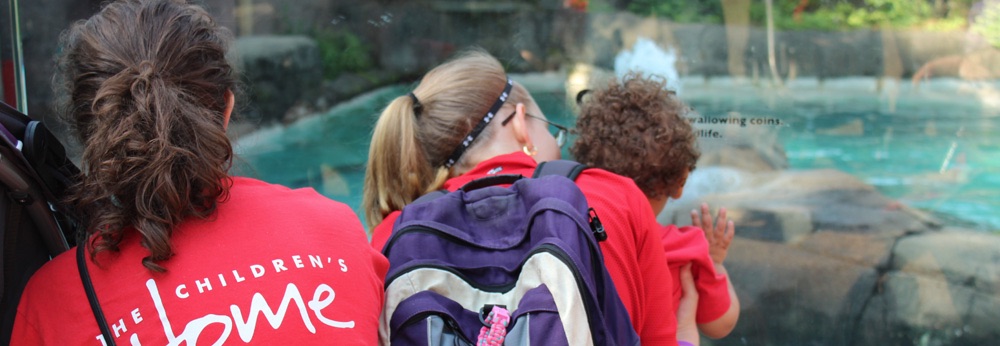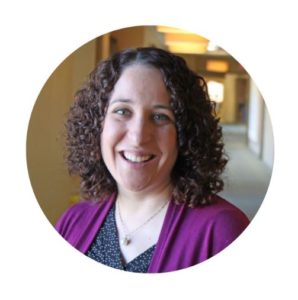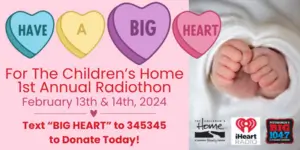
An interview with Erika Schmitt,
Director of Adoption & Permanency Services
Assisted Reproductive Technology Counseling: for those using assisted reproductive technology and considering use of donor embryo, sperm, and/or egg to help them conceive.
Counseling for Donor Conceived Individuals: for individuals struggling with not knowing a piece of their genetic history, wondering if they should make contact or search, or trying to figure out how this might impact their identity.
Can you tell us more about Assisted Reproduction Technology Counseling and how this service is beneficial to couples considering ART?
Assisted reproduction technology counseling can be connected to infertility counseling, if couples choose to use assisted reproduction to conceive. Many questions arise when considering assisted reproduction (most commonly IVF) and we can help families consider the choices they have in the process. Specifically, if a family is using a donor egg, sperm, or embryo, we can help a family think about how they will educate their child on their conception, and process whether they want to have any contact with the donor or donor siblings. We also can help families who use a gestational carrier (surrogate) discuss any issues and emotions relevant to that process and discover how to incorporate this important part of the child’s story into their identity as they grow.
It sounds like choosing ART can be complicated, especially emotionally. Why is seeking counseling so important during this process?
It is complicated emotionally. A couple not only is dealing with infertility and conceiving via a medically invasive procedure they never planned on, but if they are using a donor as well, there is additional grief to process as the child is not genetically connected to one or both parents. There also are many decisions to be made as to how to educate the child in the future and what type of contact, if any, to have with the donor(s). For instance, a family can often choose an open donor or a confidential donor and the implications of this choice greatly impact their future child. It is important for any family using a donor to conceive to understand how the child will understand this piece of their history as they develop, and we can help with this.
Can you tell us more about what it means to be a Donor Conceived Individual?
The term donor conceived is relevant when discussing a person who does not know a piece of their genetic identity. You may know the term “conceived via sperm donor” or “conceived via artificial insemination” or maybe even “snowflake baby.” All of these terms describe somebody who has genetic material that is not of one or both parents who raised them. This can include one’s parent(s) who raised them using a sperm donor, egg donor, double donor (sperm and egg), or donor embryo to create a child. As I have learned more about this population, working with donor conceived individuals can also expand to working with those who have experienced a non-paternity event (NPE) or misattributed paternity, which describes other situations in which an individual is conceived without knowledge of a genetic parent, often finding out later in life via a DNA test (such as in the case of being conceived from rape, an affair, or another similar situation.)
When it comes to counseling for Donor Conceived Individuals, what are some important things that these individuals might discover in the process?
It is important for those who are donor conceived, or anybody not knowing a piece of their genetic history, to come to terms with their history and incorporate it into their identity. They may experience grief not knowing their genetic parent(s) or resentment towards the parent that raised them for bringing them into this world without giving them the opportunity to know this piece of who they are. They also may be struggling with whether or not to use today’s technology to attempt to find their genetic parent and/or siblings, or if they have found biological relatives via a DNA test, whether or not to reach out. All of these feelings and struggles are very normal and seeking counseling can help an individual to process this piece of themselves and move forward in the most positive way possible for them.
Why as an adoption agency, are staff at The Children’s Home skilled in providing counseling on ART and Donor Conception?
Good question! What drew me to adding these counseling services is two-fold. First, in doing infertility counseling and discussing aspects of assisted reproductive technology, it is often brought to my attention how little information on the emotional impact of this a recipient parent is given, and how hard it is to find a therapist versed in infertility and ART. Also, there are few providers offering these specific services to help families, even as more and more families use this technology to conceive a child. Second, in working with families considering donor conception and donor conceived individuals, there are many similarities to working with families considering open adoption and adopted individuals struggling with their identity or decision to search. The staff at The Children’s Home has years of experience counseling adopted individuals and families on these issues, and it has felt like a natural step to use this knowledge to help a lesser served population. Furthermore, as I have spent more time researching and talking to others who are experts in the realm of donor conception/NPE, larger organizations are also turning to adoption professionals to help pave the way of providing more training, education, counseling and advocacy service for donor conceived individuals and recipient families. With no other agency in the Pittsburgh or surrounding area offering these specific counseling services, we are excited to be able to do so at The Children’s Home!




